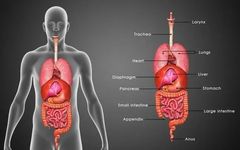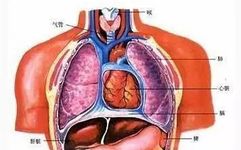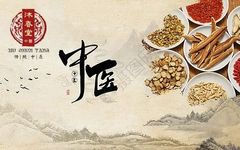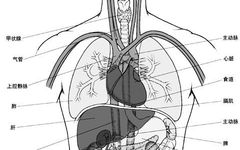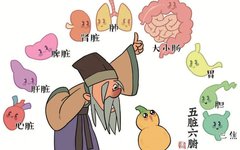The Second Half of Life with Qi Deficiency – Season 1
After sending out yesterday’s article, I couldn’t bear to look at some of the comments. Some said I only wrote half, others called me lazy. Alright, my fellow Qi deficiency friends, let’s hurt each other… So, is the result of Qi deficiency really just laziness? NO NO NO Don’t underestimate Qi deficiency, okay? Laziness is … Read more




